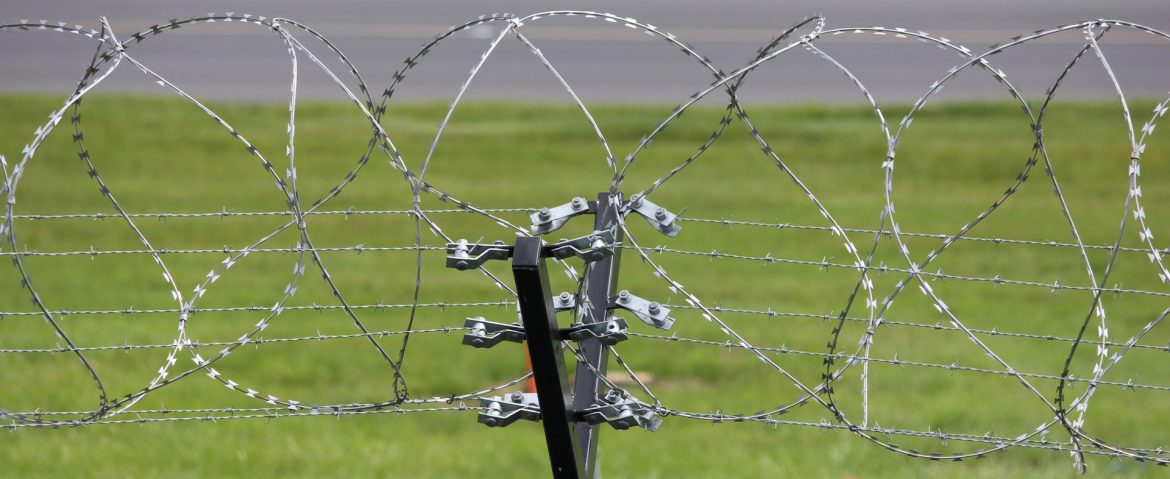The Inter-American Development Bank (IDB) and the Arizona State University presented a study showing that treating violence as an epidemic and intervening to prevent its transmission can be an effective tool to reduce violent crime. The study, “Evaluating Cure Violence,” presented at the IDB’s headquarters in Washington, DC, evaluated the results of the Cure Violence program in Trinidad and Tobago, a project that was financed by the IDB.
Violence in Latin America and the Caribbean has been an ongoing humanitarian crisis for decades, fueling an immigration and refugee crisis across the region. The “Evaluating Cure Violence” study is the result of an extensive, three-year evaluation of Project REASON, a local violence prevention program that used the Cure Violence methodology to address homicides, woundings, and shootings. The Cure Violence program uses a public health model to prevent the “transmission” of violent crime. The model works by interrupting transmission of the disease; reducing the risk of those at highest risk to commit violent crime; and changing community norms.
The findings presented in this report are based on the analysis of qualitative and quantitative data collected before, during, and after the program’s 26-month implementation period. The key findings of Evaluating Cure Violence in Trinidad and Tobago include:
- Within one year of the launch of Project REASON, the violent crime rate in the treatment area was 45.1% lower than in the comparison area that was not part of the program.
- Calls to the police for murders, shootings, and woundings decreased in the treatment area by 22.6%; while increasing by 10.4% in the comparison area over the same period.
- Port of Spain General Hospital, the closest hospital to the intervention area, experienced a mean reduction of roughly 38.7% in the number of gunshot wound admissions following the implementation of Project REASON.
The findings presented in “Evaluating Cure Violence” in Trinidad and Tobago provide strong evidence that expanding the Cure Violence methodology will be an effective way to reduce homicides, woundings, and shootings as well as to contribute towards improving lives in Trinidad and Tobago.


